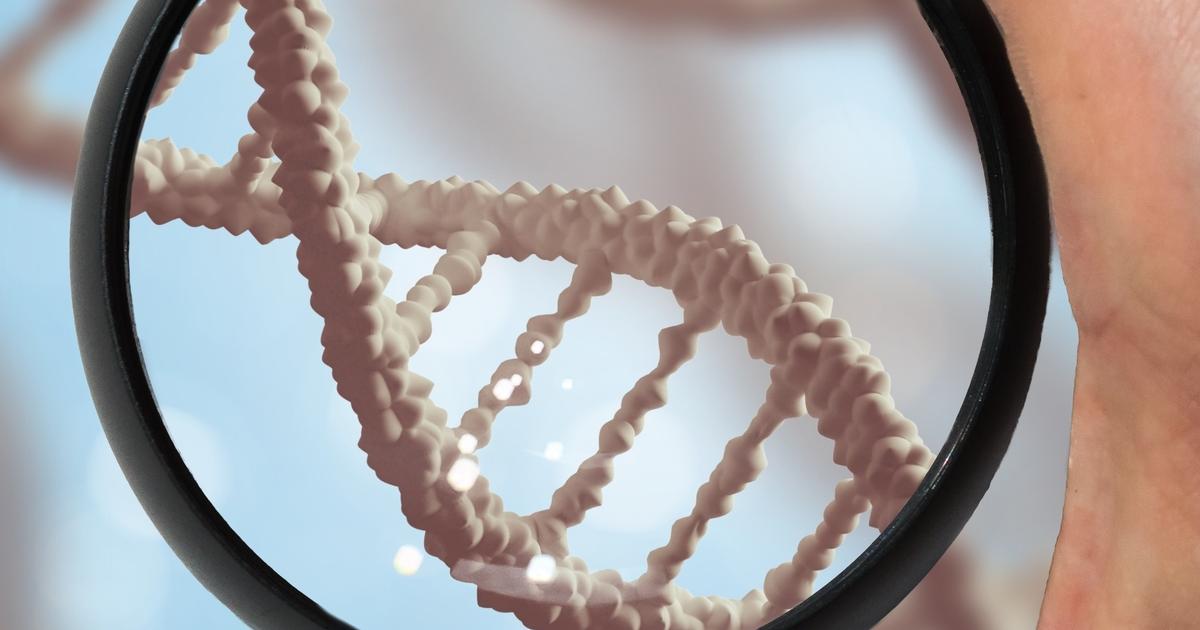Guide To Colon Cancer Causes And Risk Factors
Smoking And Alcohol Consumption

An individual who makes certain lifestyle choices will be at an increased risk of developing colon cancer in comparison to someone who makes healthier lifestyle choices. Smoking cigarettes regularly increases an individual's risk of developing hundreds of different types of cancer, including colon cancer. Thousands of toxins in cigarette smoke enter an individual's body when they smoke and can cause damage to the tissues in the digestive tract. This damage to the cells provides greater opportunity for a carcinogenic mutation to occur in the affected area.
Regular and excessive consumption of alcohol can also cause excessive damage to digestive organs and tissues over time. When the body is constantly repairing damage to cells compromised by toxins like those in cigarette smoke and alcohol, there is more opportunity for a mutation to take place. The repair mechanisms in the body are typically able to mediate cellular damage, but mistakes do happen in these processes and can lead to the development of malignancy in the intestinal tissues.
Lynch Syndrome

An individual affected by Lynch syndrome, also called hereditary non-polyposis colorectal cancer, is at an increased risk of developing colon cancer. Lynch syndrome also increases an affected individual's risk for developing other cancers, such as ovarian, stomach, pancreatic, urinary tract, kidney, endometrial, breast, small bowel, prostate, liver, and bile duct cancers. Genetic errors in certain genes, including the MHL1, MSH6, EPCAM, MSH2, and PMS2 genes, are what cause a Lynch syndrome patient to be at a higher risk of developing cancer.
The alterations in the genes that cause Lynch syndrome are inherited. Between three and five percent of all diagnosed cases of colon cancer are thought to be attributed to Lynch syndrome. A simple genetic blood test that detects the aforementioned gene mutations can determine if a patient who has been diagnosed with colon cancer is affected by Lynch syndrome.
